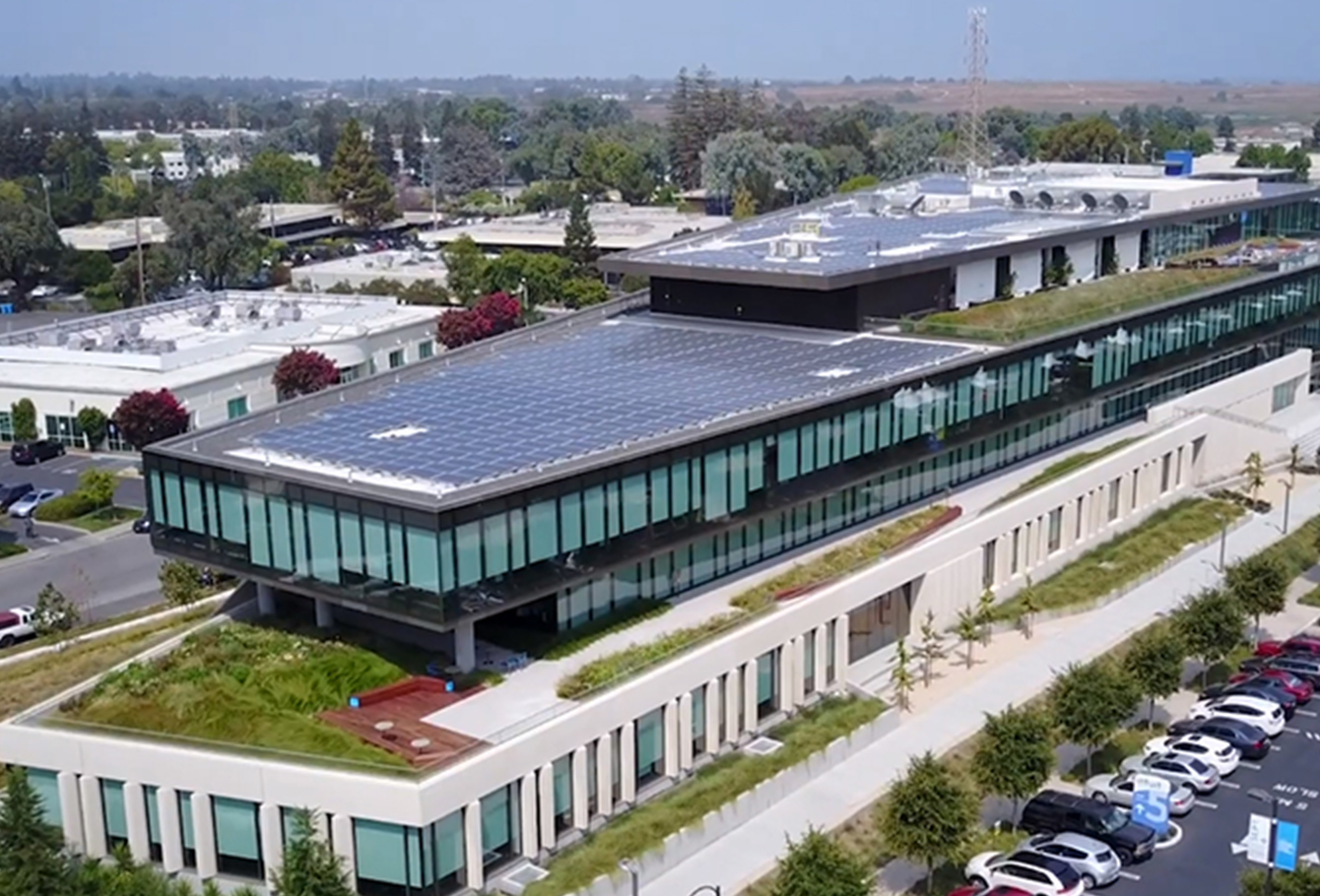25 July, 2022
MediaAgility was acquired by Persistent in May 2022. The company recently setup a dedicated Google Business Unit that leverages MediaAgility’s capabilities in order to enhance its competency and capability as a Google Cloud Premier Partner and its capabilities form the foundation for Persistent’s Google Business Unit. As a Google Cloud Premier Partner and a strategic IT Transformation services provider, the Google Business Unit is focused on delivering transformational services with cloud-native solutions that enable businesses to stay relevant and benefit from the public cloud platform capabilities.
Chalo uses Google Maps Platform to enhance its mobility solutions with geospatial intelligence, providing bus users and operators with detailed travel information and visibility.
Google Cloud Results
- Chalo’s solution increased revenue of bus operators by 10 to 30%
- Boosts transparency and efficiency by providing operators with an overview of their bus locations
- Helps keep commuters safe during the COVID-19 pandemic with contactless ticketing
- Enables international expansion with global location data
- Helps commuters plan bus rides with minimal wait times
Most people would agree that public transport is a public good. Effective public transport networks are beneficial to the local economy, help reduce pollution and boost social inclusiveness by offering a safe means of transport to anyone who needs a ride. In India, buses make up around 90% of the urban transport offerings, but in increasingly dense metropolitan areas, traffic-related delays and a lack of fixed schedules are major issues. “The biggest problem is reliability. People wait at bus stops for up to thirty minutes a day. That’s a huge waste of productive time, and it makes for a frustrating user experience,” says Vinayak Bhavnani, Co-founder and CTO of Chalo. “We asked ourselves, how can we improve the daily city commute for everyone involved?”
Chalo, which translates as ‘Let’s go’ in Hindi, was launched in 2014 with the aim of improving visibility for commuters and fleet operators through the accurate travel information. To do this, the company based its solutions on Google Maps Platform.
Discovering the right partner to optimize public transport
To deliver the best travel information to its users, Chalo implemented the Google Maps Platform products. And, to ensure that it gets the best out of all the solutions available from Google Maps Platform, the company has been working closely with Google Cloud Premier Partner, MediaAgility, which also has location-based services specialisation. (Note that in March 2022, Persistent Systems announced the acquisition of MediaAgility and the formation a Google-focused business unit.)
Bhavnani says: “Implementing the technology became quite streamlined with Google Maps Platform experts at MediaAgility. They ensured that our business objectives could be met efficiently.”
Familiarity and ease of access are very important to us. Google Maps is very present in India and other emerging markets, which inspires trust in our users,” Bhavnani says. “From our team’s point of view, Google Maps Platform provides rich, accurate geospatial data, while being simple to implement and work with.
Vinayak Bhavnani , Co-founder and CTO, Chalo
MediaAgility worked closely with Chalo to help it identify Google Maps Platform solutions most suited to its needs. “We steered Chalo to help it make the most out of Google Maps Platform and we showed the team the best practices to be followed while incorporating Google Maps Platform services. We’re excited for MediaAgility’s relationship with Chalo. It will help build a more sustainable, seamless, and integrated public transport network and, as a result, we can together build a greener world.” says Nirdesh Chahal, Director, Partner Alliances at MediaAgility.
Eliminating wait times with geospatial intelligence
“For us, reliability is synonymous with transparency,” Bhavnani explains. “If you know exactly when the bus is coming, you can plan your day better. If you’re in your office and see the next bus is in ten minutes, you can be at the stop at the exact time it arrives, rather than wait at the bus stop.”
Available in 24 cities across India, the Chalo app shows commuters where their bus is on its route and provides an accurate ETA of when it will arrive at their nearest stop. The app is designed to be accessible to users of all backgrounds and ages, including late adopters of mobile technology.
“Familiarity and ease of access are very important to us. Google Maps is very present in India and other emerging markets, which inspires trust in our users,” Bhavnani says. “From our team’s point of view, Google Maps Platform provides rich, accurate geospatial data, while being simple to implement and work with. We use the Geocoding API and Directions API to enable bus stop location search and provide directions. People simply enter the place they want to go–say the airport or their office–and the app shows them how to get there and how long it will take them.”
We use the Geocoding API and Directions API to enable location search and provide directions. People simply enter the place they want to go – say the airport or their office – and the app shows them how to get there and how long it will take them.
Vinayak Bhavnani, Co-founder and CTO, Chalo
Alongside travel information, Chalo provides digital ticketing services. Like many countries across the world, India is gradually moving away from cash-based transactions–except on buses. “Even today, you most often need cash when you board a bus in India,” Bhavnani explains. The Chalo App enables users to buy tickets ahead of their commutes and offers customised plans for frequent travellers. Not only is this more convenient, it also helps keep commuters and bus staff safer during the COVID-19 crisis by limiting physical contact.
Helping operators increase revenue with visual bus tracking
In major Indian cities, bus networks are run by a combination of public transport agencies and small private operators. “The average ownership is one to two buses per private operator. If a city has 1,000 buses, there can be up to 700 operators. It’s very fragmented,” Bhavnani says. “And those operators usually have little visibility when it comes to operations. They don’t know where their bus went, how many kilometers it travelled, or how much money it made.”
Chalo provides a comprehensive solution for bus operators that enables them to view their fleet’s location and revenue. A dashboard provides a map-based real-time overview of bus locations alongside scheduling features, route, ticketing, and passenger statistics. “People think that buses in Indian cities are always full, but that’s actually only true at peak times,” Bhavnani explains, “The rest of the time, they tend to be underutilised. Geospatial intelligence and insight into passenger demand enables operators to explore new avenues of revenue. On average, operators using Chalo’s solution have observed a 10 to 30% increase in their bus use.”
Looking towards international expansion
Chalo is currently deployed on 15,000 buses across India, with the aim of increasing tenfold over the next few years. “Today, we provide about 100 million rides per month. We hope to increase that number to over a billion a day,” Bhavnani says. The company is looking forward to gaining a presence in other parts of the country, broadening its offerings, and expanding to other emerging markets, with a pilot currently underway in Bangkok.
Working with Google Maps Platform will make international expansion a lot easier, as we will have access to high-quality geospatial data anywhere in the world, without making any significant changes to our technology stack.
Vinayak Bhavnani , Co-founder and CTO, Chalo
“We’re looking to expand to regions such as Southeast Asia, Africa, and the Middle East, where the public transport sector is experiencing similar challenges: a fragmented network, a poor passenger experience, and limited technology,” Bhavnani continues. “Working with Google Maps Platform will make international expansion a lot easier, as we will have access to high-quality geospatial data anywhere in the world, without making any significant changes to our technology stack.”
Alongside its geographical expansion plans, Chalo is now working towards offering its customers increasingly efficient and more accurate services. Bhavnani is looking forward to exploring artificial intelligence and machine learning to improve Chalo’s scheduling features and introduce video-based solutions for utilization on buses: “We are already running some services on Google Cloud and we expect to expand that in the future, especially when it comes to building AI and ML models. We’re in a process of continual optimization of our services, and it will be exciting to see what the future will bring.”
This story was originally published on Google Cloud blog.



